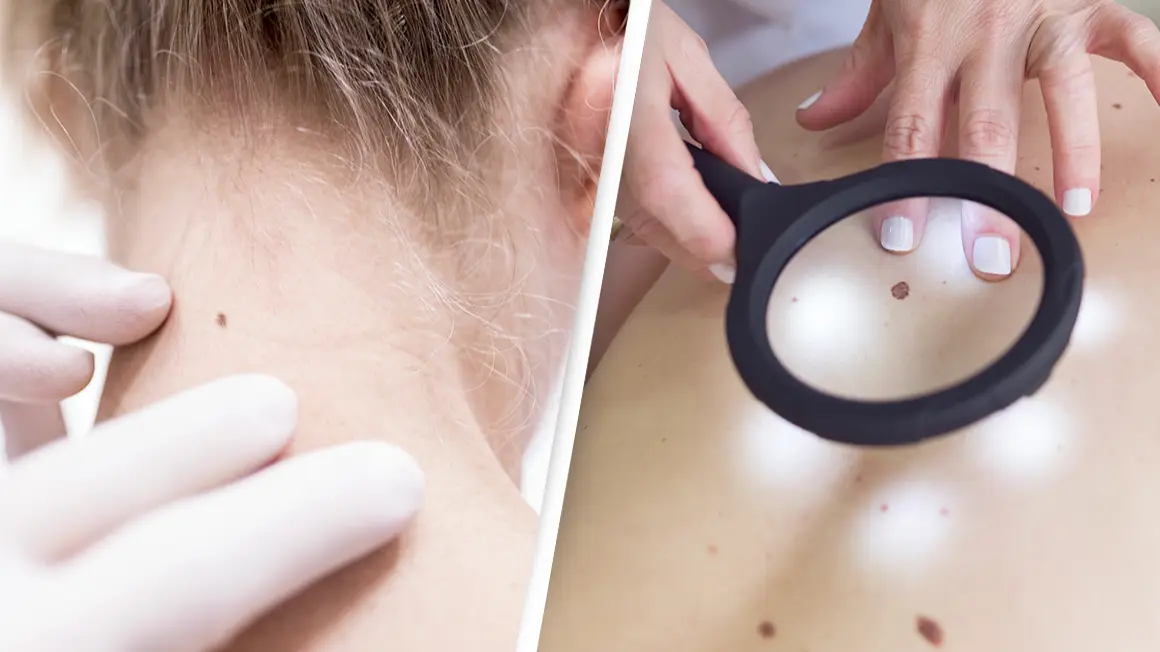
A new study has found that younger generations are at higher risk of developing 17 types of cancers compared to older generations.
Studies into cancer have been going on for years, with a recent one published this month revealing lifestyle factors that might put you at higher risk of developing some cancers.
Alcohol use was found to be fourth largest contributor to all cancer cases in men and the third largest in women, for example.
Advert
And now an even newer study has found that Gen X and millennials are at higher risk of getting 17 particular cancers in comparison to older generations.
Hyuna Sung, a cancer epidemiologist at the American Cancer Society who led the research, hopes that their findings will be 'a bellwether for future cancer trends'.
Sung and her colleagues analyzed cancer trends in people born between 1920 and 1990 who were diagnosed with cancer between 2000 and 2019.
The study grouped people into five-year birth cohorts; for example those born between 1950 and 1955 would be in the same cohort.

This data included 34 types of cancers, 17 of which were discovered to have higher rates in younger people.
Overall, the study found that the incidence of eight of the 34 cancers increased with every successive birth cohort.
As per NBC News, the risk was two to three times higher in people born in 1990 for pancreatic, kidney and small intestine cancers, compared to people born in 1955. The same pattern was seen in liver cancer diagnoses for women.
The 17 cancers that had a higher incidence in younger people include:
- cardia gastric - a type of stomach cancer
- small intestine
- estrogen receptor-positive breast
- ovary
- colon and rectum
- leukemia
- endometrial and other cancers of the uterine corpus
- gallbladder and biliary tract
- kidney and renal pelvis
- pancreas
- myeloma (white blood cell)
- non-cardia gastric - another type of stomach cancer
- testicles
- liver and intrahepatic bile duct in women
- non-HPV-associated oral and pharynx in women
- anus in men
- Kaposi sarcoma (a cancer that causes lesions to grow throughout the body) in men

Admitting that there were 'many unknowns' in relation to what has caused the spike in such cancers, Sung went on to tell Health: "Emerging evidence suggests that early-lifetime exposures to well-established cancer risk factors, such as obesity, sedentary lifestyle, and unhealthy diet, increase the risk of early-onset cancers."
It was also suggested that some cancers might seem more prevalent in younger people because doctors now have better tools to spot the signs of cancer early.
It should be noted that the study's findings weren't all negative. It was also discovered that the incidence rate and mortality of 14 different cancers either decreased or remained stagnant across birth cohorts (groups of people born around the same year).
Some of these cancers included brain, cervical and lung cancer.
If you’ve been affected by any of these issues and want to speak to someone in confidence, contact the American Cancer Society on 1-800-227-2345 or via their live chat feature, available 24/7 every day of the year.